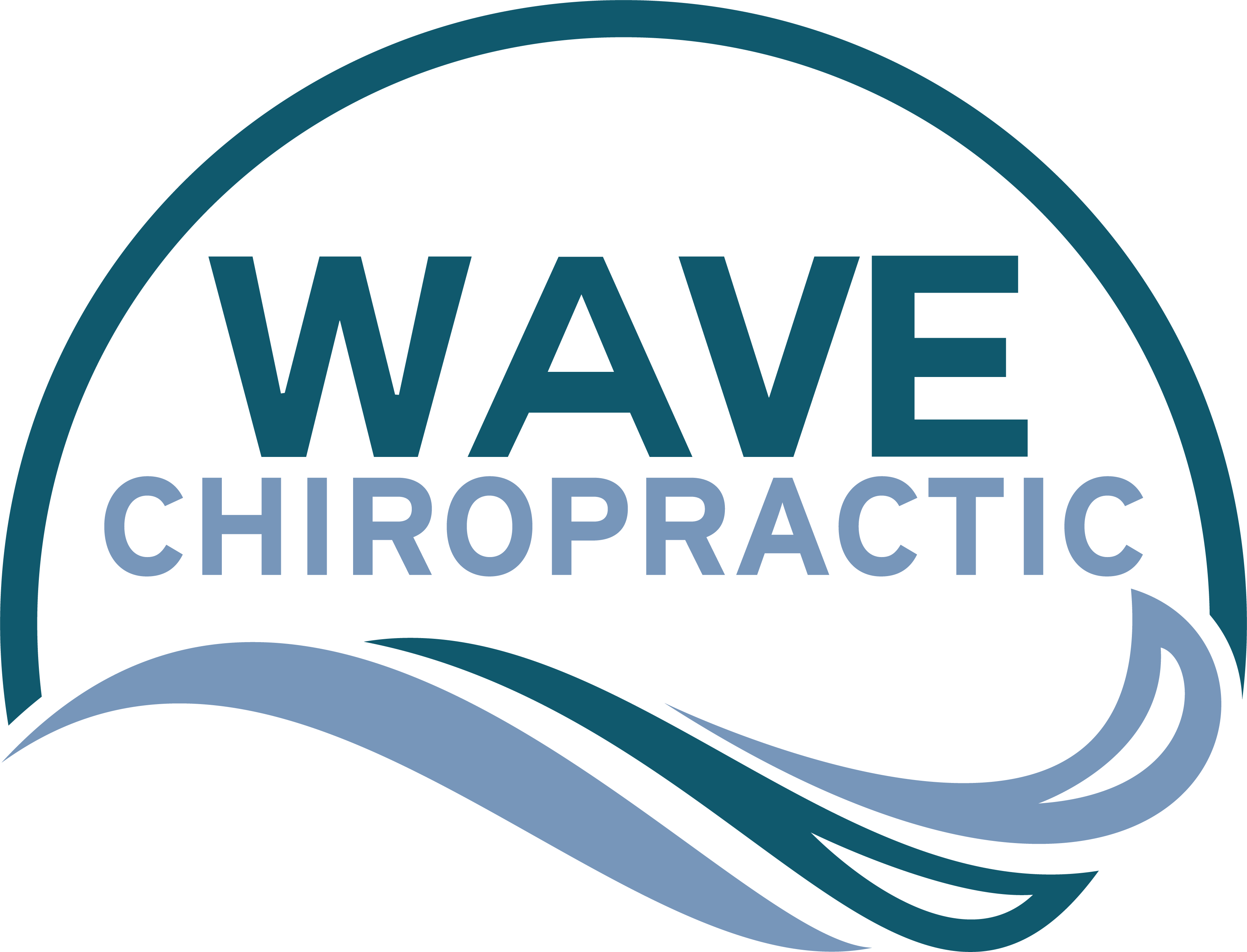When you experience sports-related pain, it's tempting to push through and hope it resolves on its own, but that approach can lead to bigger problems down the line. Seeking professional help isn't just about treating the pain; it's about understanding the root cause and preventing future injuries. By addressing these issues early, you can tailor your recovery plan to suit your unique needs. So, what exactly happens when you choose to ignore those warning signs, and how can expert guidance make a difference in your athletic journey?
Understanding Sports-Related Pain
Understanding sports-related pain is vital for any athlete aiming to maintain peak performance. When you push your body to its limits, it's common to experience discomfort or aches. However, recognizing the difference between normal soreness and pain that signals an injury is essential. Normal soreness often arises from intense workouts or new training routines and typically subsides within a few days. On the other hand, if you feel sharp pain, swelling, or persistent discomfort, that could indicate a more serious issue.
Listening to your body is key. If a particular movement causes pain, you should stop and assess the situation. Ignoring these signals can lead to further damage, making recovery longer and more complicated. Consider tracking your pain levels and any accompanying symptoms in a journal. This record can help you identify patterns and triggers, allowing you to adapt your training accordingly.
It's also helpful to educate yourself on common injuries associated with your sport. Whether it's a sprained ankle in basketball or a rotator cuff strain in swimming, knowing what to look for can help you respond appropriately. Engaging with coaches, trainers, or fellow athletes can provide insights into managing pain and injury prevention strategies.
Ultimately, understanding sports-related pain empowers you to make informed decisions about your health. By staying attuned to your body and seeking help when needed, you can enhance your performance and guarantee longevity in your athletic pursuits.
Risks of Ignoring Injuries
Ignoring injuries can have serious consequences for an athlete's long-term health and performance. When you brush off that nagging pain, you risk exacerbating the issue, which can lead to more severe injuries down the line. What might start as a minor sprain or strain can develop into chronic conditions that require extensive rehabilitation or even surgery.
By ignoring the signs your body is giving you, you also risk altering your movement patterns. This can lead to compensatory injuries, where you inadvertently put strain on other muscles or joints. For example, if your knee is hurting, you might unconsciously shift your weight to the opposite leg, which can cause problems in that leg over time.
Moreover, prolonged injuries can impact your mental game. You may find yourself anxious or hesitant during performance, fearing that the pain will return. This psychological barrier can hinder your overall athletic performance and enjoyment of the sport.
Ignoring injuries can also affect your training schedule. You may end up sidelined for longer periods, preventing you from participating in competitions or achieving your goals. In the competitive world of sports, missing out on practice or games can set you back considerably.
In short, neglecting your injuries doesn't just affect your immediate performance; it can have lasting repercussions on your overall athletic journey. Prioritizing your health and seeking help when needed is essential for maintaining your well-being and performance in the long run.
Benefits of Professional Assessment
Seeking a professional assessment can be a game-changer for athletes dealing with pain. When you experience discomfort, it's vital to pinpoint the underlying cause. A trained professional can evaluate your condition, ensuring you get an accurate diagnosis. This assessment not only identifies the issue but also helps you understand its severity and potential impact on your performance.
Another significant benefit is the tailored guidance you receive. Professionals can develop personalized plans based on your specific needs, athletic goals, and pain levels. This focused approach can lead to more effective recovery strategies, saving you time and frustration in the long run.
Moreover, a professional assessment often uncovers aspects you might overlook. For example, compensatory movements or incorrect techniques may contribute to your pain, which a knowledgeable expert can identify and address. By correcting these factors, you'll not only alleviate current discomfort but also prevent future injuries.
Additionally, professional assessments provide you with a clear action plan. Whether it involves rehabilitation exercises, lifestyle changes, or modifications to your training regimen, having a structured path forward can be incredibly motivating. You'll feel empowered knowing you're taking proactive steps toward recovery.
Finally, engaging with a professional can also offer peace of mind. Understanding your injury from a medical perspective can alleviate anxiety and help you feel more in control. In short, seeking a professional assessment isn't just beneficial; it's imperative for a safe and effective return to your sport.
Effective Treatment Options
When it comes to managing sports-related pain, a variety of effective treatment options can help athletes regain their strength and mobility.
First, physical therapy is often a vital step. A skilled therapist can design a personalized program that focuses on stretching, strengthening, and improving your range of motion. This hands-on approach not only targets the pain but also helps prevent future injuries.
Another option is medication. Over-the-counter pain relievers, like ibuprofen or acetaminophen, can provide immediate relief. For more severe pain, your doctor may prescribe stronger medications or suggest corticosteroid injections to reduce inflammation and pain at the source.
You might also consider alternative therapies, such as acupuncture or massage therapy. These methods can promote healing, relieve tension, and improve circulation, which can be especially beneficial for sports-related injuries.
Rest and recovery are equally important. Allowing your body adequate time to heal is essential. Applying ice to the affected area can help with swelling and discomfort after activity, while heat therapy can ease stiffness before workouts.
If your pain persists despite these treatments, it may be time for more advanced options, like chiropractic care or even surgical intervention, depending on the severity of your injury.
Whatever path you choose, seeking professional help guarantees you receive the best care tailored to your specific needs, helping you get back to doing what you love most: playing your sport.
Strategies for Injury Prevention
Injuries can often be prevented with proactive strategies that focus on preparation and body awareness. By taking the right steps, you can meaningfully reduce your risk of sports-related injuries. Here are some effective strategies you can implement:
1. Warm-Up Properly: Always start your activities with a thorough warm-up. This increases blood flow to your muscles and prepares your body for the physical demands ahead.
It's essential for enhancing flexibility and reducing muscle stiffness.
2. Use Proper Equipment: Invest in high-quality gear that's appropriate for your sport. Whether it's shoes, pads, or helmets, using the right equipment can protect you from injury.
Make sure everything fits well and is in good condition.
3. Listen to Your Body: Pay attention to any signs of discomfort or fatigue. If something doesn't feel right, don't push through the pain.
Resting or modifying your activity can prevent minor issues from becoming serious injuries.
4. Cross-Train: Incorporate various forms of exercise into your routine. This not only helps build overall strength but also reduces the repetitive strain on specific muscle groups.
It keeps your workouts interesting and lessens the risk of overuse injuries.
Conclusion
To sum up, don't let sports-related pain hold you back. Seeking help promptly can prevent minor injuries from becoming chronic issues, keeping you on track with your training. A professional assessment not only uncovers underlying problems but also provides a tailored recovery plan that suits your needs. By addressing pain early and following expert advice, you'll enhance your performance and gain confidence in your long-term health. Take control of your recovery—your body will thank you!

